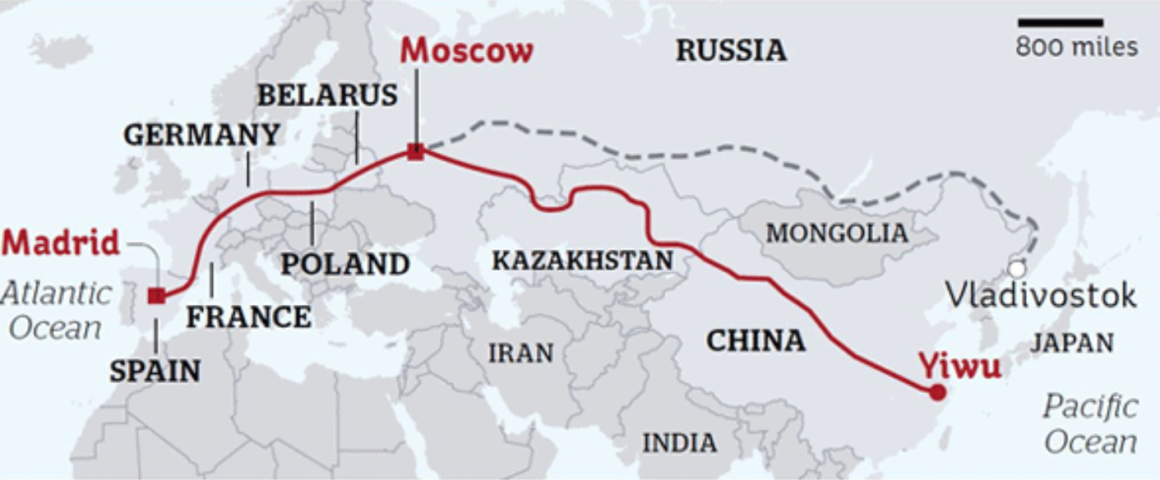The very existence of international regions in post-Soviet space remains one of the central issues of international cooperation as lack of cohesion and collective actions manifested by weak regional institutions remain one of the features of Eurasia even twenty five years after the collapse of the USSR. With ongoing economic recession and rising security challenges, Eurasian nations need closer cooperation with each other more than ever. However, it is not just their reluctance to engage into wide-range regional cooperation that interferes with cooperation efforts. Current rationale of regional integration in Eurasia and the latest history of regionalization take little account of region’s potential and needs. Thus, a shift from already traditional geopolitical regionalization to network-like regionalism is seen as vital for the whole region in order to attain positive dynamics of development at both regional and national levels.



